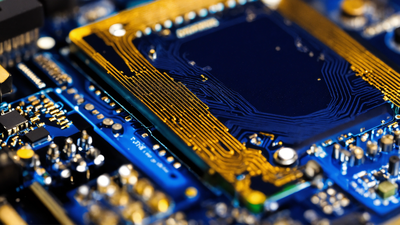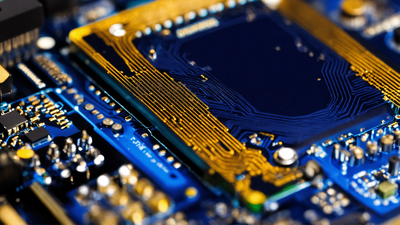
In a significant leap for India’s semiconductor ambitions, the country’s first commercially packaged multi-chip module (MCM) rolled out early Wednesday from Kaynes Semicon’s outsourced semiconductor assembly and test (OSAT) facility in Sanand, Gujarat. The shipment, comprising 900 intelligent power modules (IPMs), has been delivered to California-based Alpha & Omega Semiconductor (AOS).
A milestone for India Semiconductor Mission
The Sanand OSAT, established under the government’s India Semiconductor Mission 1.0 (ISM), represents one of the first tangible outputs of India’s push to build a self-reliant semiconductor ecosystem. The project has received a central investment of Rs 1,653.5 crore and began pilot manufacturing in April this year.
The consignment to AOS marks India’s entry into high-value, export-grade semiconductor packaging and testing.
The tech behind the chip
An intelligent power module (IPM) is a semiconductor device that integrates power switching elements, such as insulated gate bipolar transistors (IGBTs), along with drive and protection circuits into a compact package. These devices are used in motor control systems, renewable energy applications, and electric vehicles.“This is a one-of-its-kind module, with 17 dies inside, six IGBTs, two controller ICs (integrated circuit), six FRDs (fast recovery diode) and three diodes, placing it among the most advanced in this domain,” said Raghu Panicker, CEO of Kaynes Semicon, to Economic Times. He noted that while German chipmaker Infineon remains a market leader globally in this segment, Kaynes’ module demonstrates India’s growing technical capabilities in high-end chip packaging.
Complex chip, global client
“Companies generally think of doing single-die packaging. We delivered a multi-chip module,” Panicker said. “This is a complex chip that we assembled, tested for quality, marked and packaged for AOS, and rolled out from our Sanand OSAT.”The facility currently has a daily capacity of around 3,000 pieces, with another shipment for AOS expected next month.






